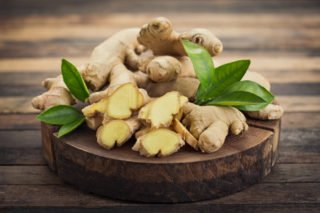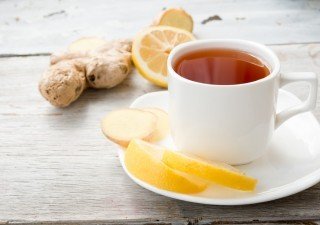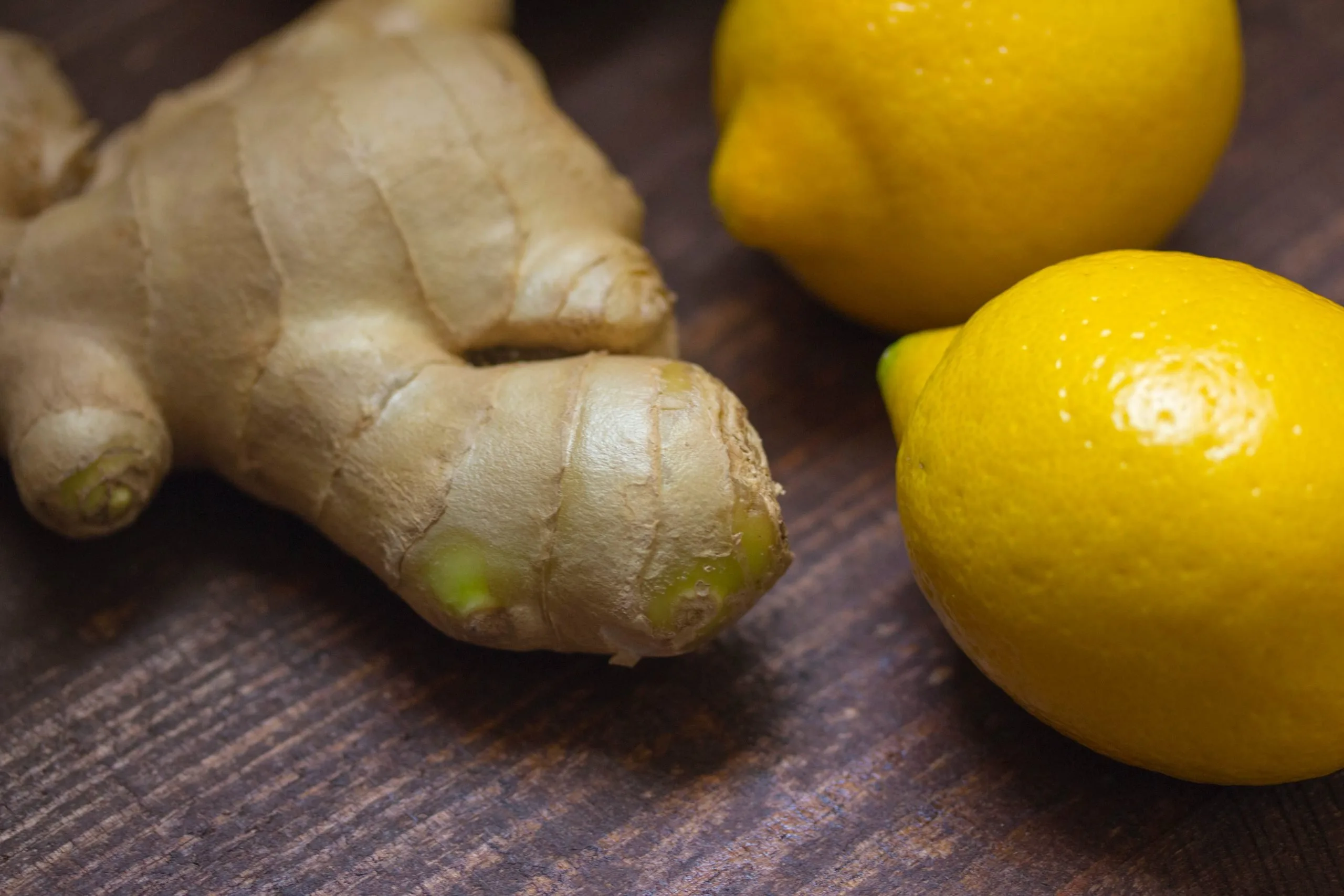In 2021, we are all looking for ways to boost our immune systems. Protecting ourselves from getting sick is nothing new, but in 2021, there’s even more of a focus on products that can help to boost your immune system. This is mostly because Covid-19 has become a central part of our lives. You can’t go a day any more without hearing about Covid-19 and its possibly more deadly mutations. Is there a natural way to go about boosting your immune system and could ginger be the answer?
What is ginger?

Photo by Anna Shvets from Pexels
Most of us see ginger as a way to flavor foods, but what is it? Ginger is a flowering plant that originated in Southeast Asia. The plant itself has a leafy stem and “yellowish-green flowers”. It’s part of the Zingiberaceae family. Meaning, it’s closely related to “turmeric, cardamom, and galangal”. The spice itself which we all know and love to use in cooking comes from the roots of the plant. Technically, it’s only native to “warmer parts of Asia, such as China, Japan, and India” but it is now grown in South America, the Middle East, and Africa as well. In the Middle East, it is used for its medicinal properties rather than as a spice. It’s best known as one of the healthiest spices available. It’s incredibly versatile and is used in everything from soaps and perfumes to foods and drinks.
Ginger and your immune system
One of the main reasons behind the immune-boosting power of ginger is its anti-inflammatory and antioxidant properties. Acute inflammation is a typical immune response, but chronic inflammation can be harmful to the immune system. This had the adverse effect of increasing your chances of becoming ill. All foods that are rich in antioxidants are great for fighting inflammation in the body.
This is what helps to keep the immune system healthy in the long term. There have been multiple test-tube studies when it comes to ginger and its possible links to boosting the immune system. These studies seem to indicate that it can in fact help to boost and improve immune response. This is likely due to its “antiviral and antibacterial properties”. A test-tube study found that fresh ginger was beneficial in boosting the immune response against Human Respiratory Syncytial Virus (HRSV).
Other benefits of ginger
Overall, ginger is fantastic for more than just your immune system. It has been shown to have many other positive impacts
Weight loss: Ginger has been shown in some studies to have a significant impact when it comes to reducing weight. It increases weight loss, reduces

pilipphoto/shutterstock
hunger, and helps the body to increase the thermic effect of foods.
Nausea and digestion: It’s a common treatment for stomach issues and is well known for reducing bloating and aiding with digestion. The reason that it’s so good for digestive issues seems to be because of its ability to help food move through the system. It’s often used as a natural treatment for pregnant women who are trying to get rid of pregnancy-related nausea. Overall, it can help improve indigestion, decrease bloating, and reduce intestinal cramping.
Blood sugar: Some studies show that ginger can significantly reduce blood sugar levels and even improve hemoglobin A1c production. Hemoglobin A1c is important because it is a good long-term marker of blood sugar control.
How to get your ginger
 One of the most popular ways to include more ginger into your diet is through ginger shots. These shots typically also contain honey and lemon juice over and above ginger. Both honey and lemon also have antiviral and antibacterial properties. Honey in particular has been shown to help safeguard the immune system.
One of the most popular ways to include more ginger into your diet is through ginger shots. These shots typically also contain honey and lemon juice over and above ginger. Both honey and lemon also have antiviral and antibacterial properties. Honey in particular has been shown to help safeguard the immune system.
Other ways to boost your intake include:
- Drink a cup of ginger tea every day
- Add it to your smoothie
- Add it to baking
- Take a ginger supplement
It’s important to remember that whilst taking a shot of ginger is fairly safe, there are risks for certain people. For instance, when it’s consumed in large amounts, it can have blood-thinning effects. Research on ginger and blood-thinning however shows mixed results. For people on powerful blood thinners such as Warfarin, it is probably best to moderate the consumption of ginger.
References
https://www.lifesavvy.com/16361/5-ways-to-add-more-ginger-to-your-diet/
https://www.webmd.com/vitamins/ai/ingredientmono-961/ginger
https://www.healthline.com/nutrition/11-proven-benefits-of-ginger#3.-May-help-with-weight-loss



![women [longevity live]](https://longevitylive.com/wp-content/uploads/2020/01/photo-of-women-walking-down-the-street-1116984-100x100.jpg)










